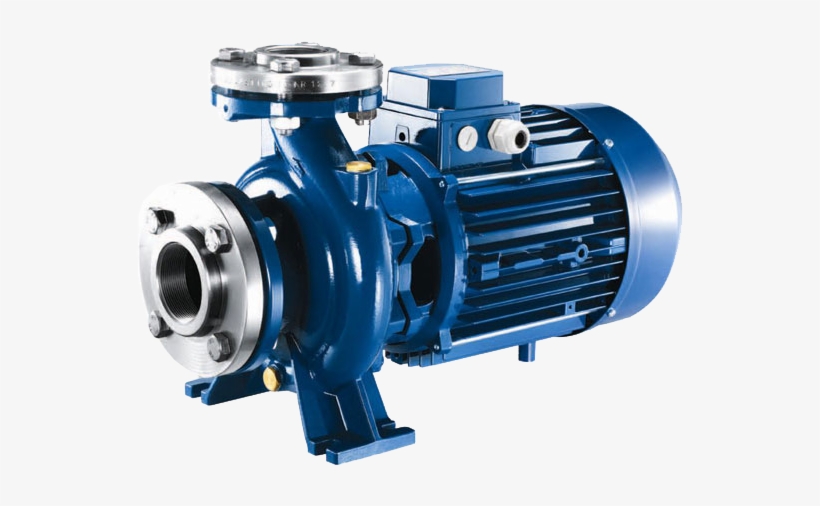1. Introduction: What is a Fire Water Pump?
A fire water pump is a critical piece of firefighting equipment designed to deliver water to fight fires in various settings, from industrial facilities to residential areas. It is a powerful pump that ensures a reliable water supply to sprinkler systems, hose lines, and other firefighting mechanisms when fire breaks out. These pumps are typically used in scenarios where water needs to be supplied from a distant source, such as reservoirs, lakes, or wells, to extinguish fires quickly and efficiently. Fire water pumps are designed to handle high pressure and volume to meet the demands of fire control in emergency situations.
The key function of these pumps is to ensure an adequate and continuous supply of water during a fire emergency, making them indispensable in any comprehensive fire safety system. Their reliable performance can mean the difference between controlling a fire in its early stages or letting it spread uncontrollably. For this reason, fire water pumps are mandatory in many commercial, industrial, and residential buildings, especially in areas prone to fires or with limited access to municipal water supplies.
2. How Fire Water Pumps Work: Basic Functionality
Fire water pumps are engineered to operate under the most intense conditions. The working principle of a fire water pump is relatively simple: it draws water from a storage source, pressurizes it, and then delivers it through piping systems to the point of use, such as hoses or sprinkler systems. The pump is activated when fire alarms go off or manually by firefighters on the scene.
These pumps can be powered in several ways, including electric motors, diesel engines, or gasoline engines, depending on the installation’s requirements and available resources. Diesel engines are often preferred for their power and reliability during power outages, which can occur during fires. When the fire water pump is engaged, it moves large volumes of water rapidly and at high pressure to combat the flames effectively. Some fire water pumps are also equipped with automatic systems that can sense a fire and begin operation without manual intervention, which is particularly beneficial in critical fire situations.
3. Types of Fire Water Pumps: Choosing the Right One
Fire water pumps come in various types, each designed for specific applications. The most common types include centrifugal pumps, diaphragm pumps, and piston pumps. Among these, centrifugal pumps are the most widely used for firefighting purposes due to their efficiency in moving large volumes of water. They operate by converting rotational energy from the pump’s motor into kinetic energy, which propels water through the system.
Another popular choice is diaphragm pumps, which work by using a flexible diaphragm that moves in and out to create pressure and move water. These are typically used in applications where solid particles or debris may be present in the water, such as in outdoor firefighting setups. Piston pumps, on the other hand, are commonly used in high-pressure applications where precision and reliability are paramount.
Choosing the right type of fire water pump depends on factors such as the size of the property, the available water source, and the expected fire-fighting needs. For example, a large industrial complex may require multiple centrifugal pumps to ensure adequate water flow, while a residential area may only need a smaller diaphragm pump connected to a nearby water supply.
4. Maintenance and Safety: Ensuring Optimal Performance
Like all critical firefighting equipment, fire water pumps require regular maintenance to ensure they remain in top condition. Routine checks should include inspecting the pump’s components, such as the motor, valves, and pipes, for any signs of wear or damage. The water source should also be examined to ensure it remains accessible and free from blockages. Regular testing is essential to confirm the pump’s capacity and pressure levels, ensuring that it can deliver the required water flow in the event of a fire.
In addition to maintenance, safety protocols are essential for the efficient operation of fire water pumps. These systems must comply with local and international fire safety standards to ensure their reliability during emergencies. Fire departments and building owners should regularly update their knowledge of the latest fire water pump technologies and safety regulations to maintain high performance during fire incidents. Properly trained personnel should be responsible for the inspection, maintenance, and operation of fire water pumps to avoid malfunctions that could lead to severe consequences during a fire emergency.
Conclusion: The Role of Fire Water Pumps in Fire Protection
Fire water pumps play an integral role in protecting lives, property, and the environment by ensuring an uninterrupted water supply during a fire emergency. Whether in residential buildings, commercial properties, or industrial sites, these pumps are essential components of any fire suppression system. Their ability to move large amounts of water quickly and efficiently helps mitigate the spread of fire and prevent significant damage. With the proper installation, maintenance, and use, fire water pumps are a reliable and life-saving solution to fire safety challenges.fire fighting water pump




